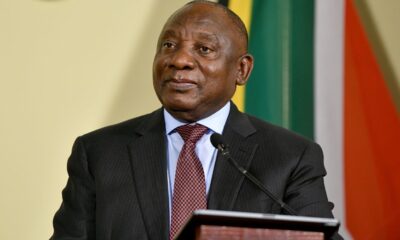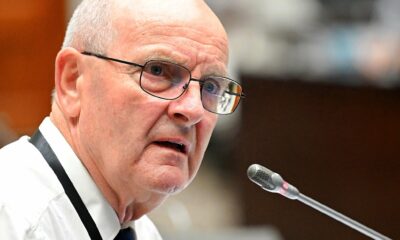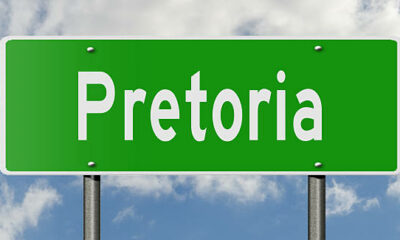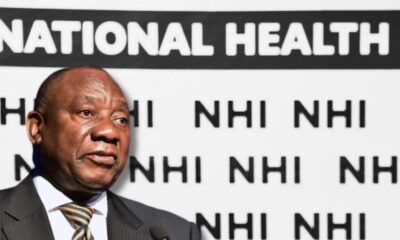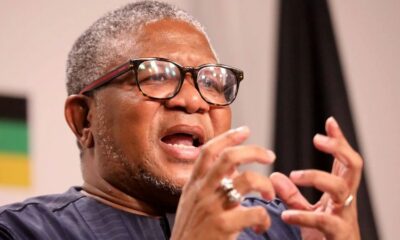News
Zuma, MK Party Challenge Ramaphosa’s Suspension of Mchunu in Explosive Constitutional Court Battle
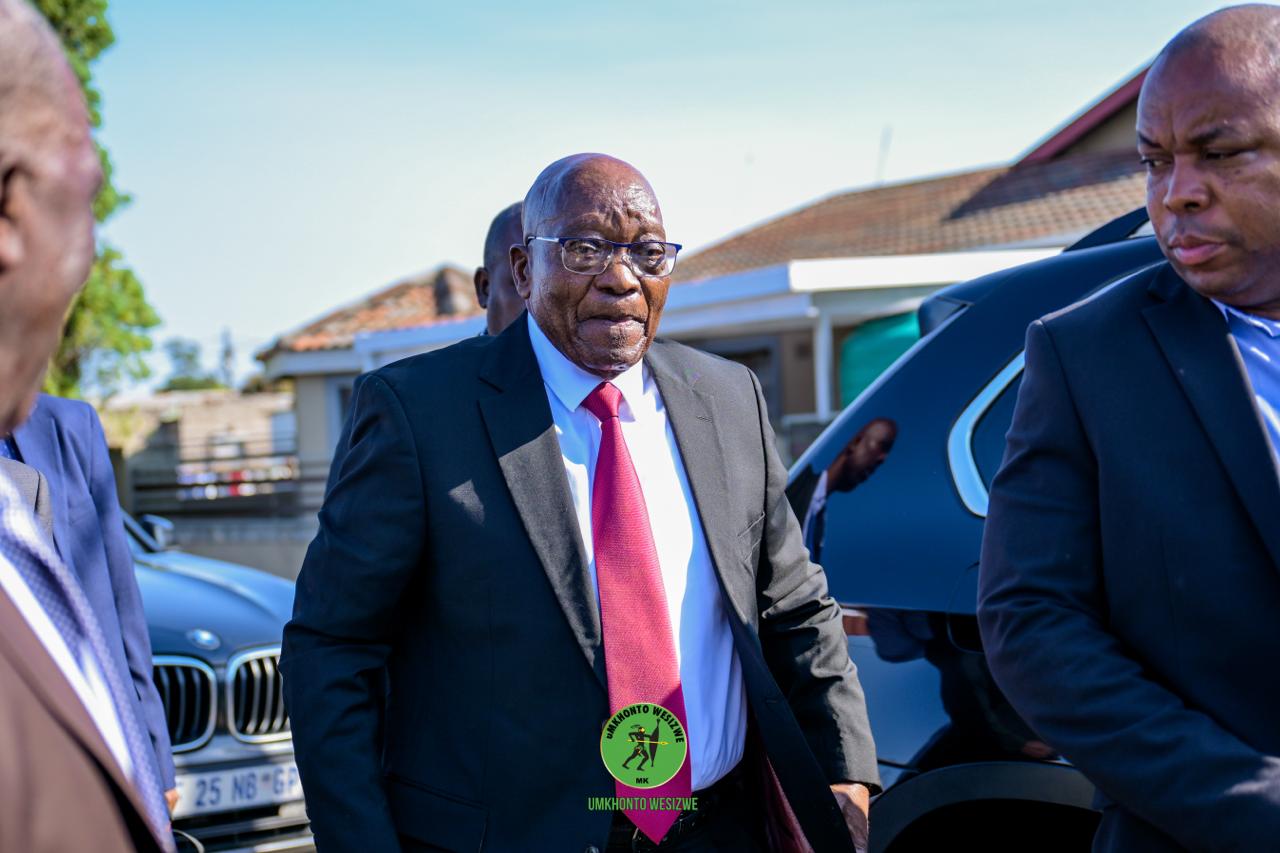
Former president Jacob Zuma and his MK party are back in the Constitutional Court, this time to challenge President Cyril Ramaphosa’s suspension of Police Minister Senzo Mchunu and the legality of his temporary replacement.
In court papers filed on 18 July, Zuma and the MK party argue that Ramaphosa’s decision to place Mchunu on special leave, amid allegations of political interference, is constitutionally invalid. They are also targeting the appointment of Wits law professor Firoz Cachalia as acting police minister, as well as the legitimacy of a newly established judicial commission of inquiry into the matter.
The Spark: Explosive Allegations from KZN Police
The dispute follows explosive accusations made by KwaZulu-Natal Police Commissioner Lieutenant General Nhlanhla Mkhwanazi, who publicly alleged that Minister Mchunu and top police brass, including Deputy Commissioner Shadrack Sibiya, had politically interfered in operational matters.
In response, Ramaphosa placed Mchunu on special leave and appointed Professor Cachalia to oversee the ministry temporarily. He also established a commission of inquiry to probe corruption and political meddling in the SAPS.
Zuma Fires Back: “No Constitutional Power”
In his reply to Ramaphosa’s late-filed affidavit, Zuma claims the president overstepped his constitutional powers.
“There is no express power in the Constitution allowing the president to place a minister on ‘special leave’,” Zuma argues. “The idea that Mchunu will return to the portfolio is fiction, especially with pending criminal investigations and a parliamentary inquiry looming.”
Zuma accuses Ramaphosa of trying to create a legal justification after the fact, saying taxpayers are footing the bill for a minister who may never return to his post.
No Evidence Against Whitfield, So Why Mchunu?
Zuma also accuses Ramaphosa of double standards. He highlights how DA MP Andrew Whitfield, who faced separate allegations, wasn’t treated the same way, despite what Zuma calls “false claims” that Whitfield admitted wrongdoing.
“For a police minister to collude with criminals is objectively more serious than a parliamentarian taking an unauthorized overseas trip,” Zuma’s affidavit argues.
Cachalia Appointment Questioned
Zuma makes it clear that he doesn’t doubt Professor Cachalia’s qualifications, but insists his appointment is unconstitutional.
“There’s a big difference between appointing a full minister and an acting one,” he writes. “The Constitution makes no provision for the president to hand over executive authority in this way, especially not outside of Cabinet.”
Commission of Inquiry Raises Red Flags
Zuma’s legal team also takes issue with the judge appointed to lead the new inquiry Justice Mbuyiseli Madlanga — saying it’s unconstitutional for a sitting judge to investigate corruption allegations involving other members of the judiciary.
“It violates a core legal principle, that no one should be a judge in their own cause,” Zuma says, pointing to concerns that the judiciary itself may be implicated in the alleged misconduct.
Not Defiance, But a Test of Law
In a tone strikingly different from his usual rhetoric, Zuma frames this legal move as a defense of constitutional order, not defiance.
“I bring this application not to avoid accountability, but to ensure that the mechanisms demanding it are themselves lawful and impartial,” he said. “We must uphold fairness even for those accused.”
As South Africa watches the legal clash between two presidents one past and one present, this case could set new precedents for presidential powers, ministerial accountability, and the very integrity of the country’s legal system.
{Source: The Citizen}
Follow Joburg ETC on Facebook, Twitter , TikTok and Instagram
For more News in Johannesburg, visit joburgetc.com



